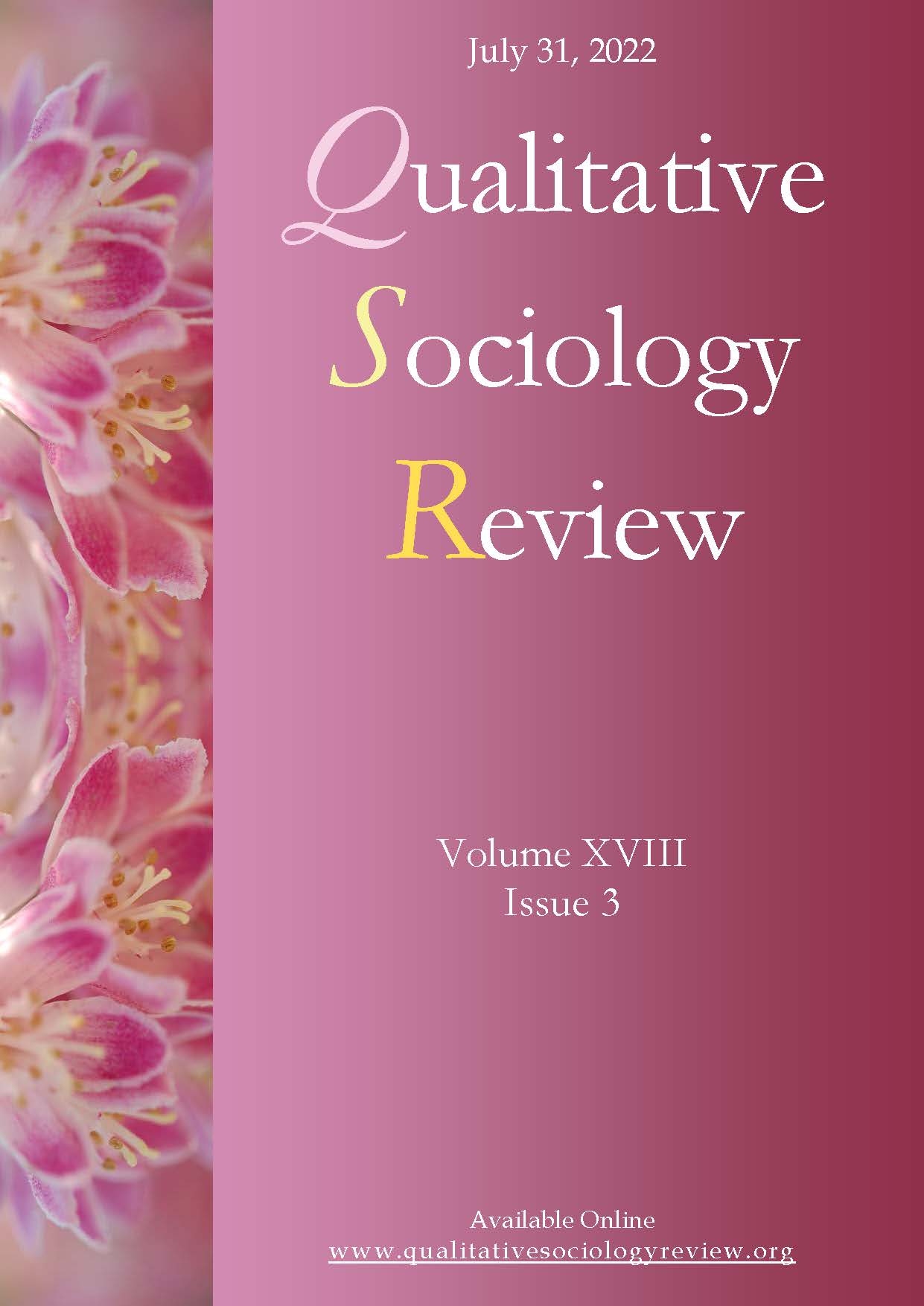Generic Social Process and the Problem of Success-Claiming: Defining Success on the Margins of Canadian Federal Politics
Generic Social Process and the Problem of Success-Claiming: Defining Success on the Margins of Canadian Federal Politics
Author(s): Scott GrillsSubject(s): Social Sciences, Sociology
Published by: Wydawnictwo Uniwersytetu Łódzkiego
Keywords: Generic Social Process; Political Activities; Success; Symbolic Interaction; Qualitative Sociology
Summary/Abstract: Envisioning success and its pursuit as an enduring feature of human group life, this paper examines success as a humanly constructed and realized social process. As framed herein, success represents the attribution by some audience of qualities associated with achievement, attainment, and/or accomplishment to social act(s) and/or social objects. Consistent with symbolic interactionist approaches to the study of deviance, success is not a quality of the situation at hand, but rather is audience-dependent. Therefore, while the social construction of success may be evidence-based, what is defined as successful outcomes and what constitutes evidence of success is subculturally located. Drawing on extended ethnographic research, an application of alternate definitions of success is examined in the context of those participating in an electorally unsuccessful political party—the Christian Heritage Party of Canada. Specifically, this paper examines the definition of success in terms of political influence, providing political alternatives and demonstrations of religious faithfulness as strategies of success-claiming. Framing success in process terms, this paper examines the trans-contextual and trans-historical qualities of “doing success” as a feature of everyday life.
Journal: Qualitative Sociology Review
- Issue Year: 18/2022
- Issue No: 3
- Page Range: 54-69
- Page Count: 16
- Language: English

